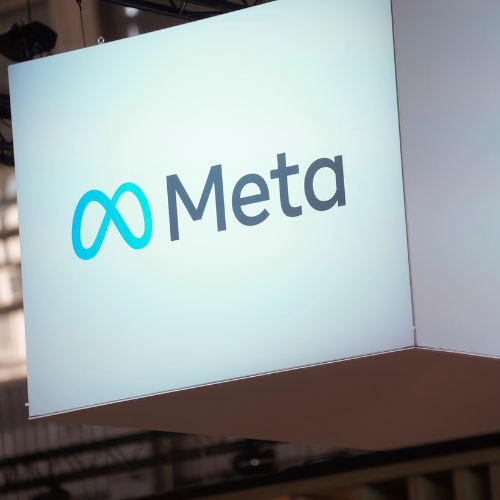Meta, the company that owns Facebook, Instagram, and WhatsApp, is now in a huge legal battle that could change everything for the tech giant. A big U.S. government agency, the Federal Trade Commission (FTC), has taken Meta to court. They say the company bought Instagram in 2012 and WhatsApp in 2014 not just to grow, but to kill competition. The case is serious — Meta might be forced to break up and give up control of Instagram and WhatsApp.
The FTC believes the company made these purchases so that no other company could rise up and challenge Facebook’s power in the social media world. The government says Meta acted like a bully, using its money and power to buy smaller companies that were becoming too popular and could steal its users. The idea is that instead of trying to compete fairly, the company just bought out its rivals.
This trial is the first of its kind involving Meta and is part of a wider push by the U.S. government to control how big tech companies behave. The court is trying to figure out if Meta has too much control over the social media space and whether it unfairly crushed competition by buying these popular apps.
Email Controversy: Meta’s Shareholders Push for Punishment Over Deleted Records
What Happened in Court
On April 14, Mark Zuckerberg, Meta’s CEO, took the stand. He was asked questions about why the company bought Instagram and WhatsApp. The government’s lawyer, Daniel Matheson, showed messages from 2011, where Zuckerberg was upset that their own photo app wasn’t doing well while Instagram was growing fast. When asked about this, Zuckerberg admitted that it showed frustration with Instagram’s rise.
During his time on the witness stand, Zuckerberg sometimes said he couldn’t remember the details of messages and plans from more than 10 years ago. At one point, he even seemed frustrated and said he didn’t have all the facts about how fast Instagram grew.
Matheson argued that the company’s own messages prove that it saw Instagram and WhatsApp as threats and bought them to stop them from becoming serious competition. In court, the FTC said Meta wanted to “erect a moat” — in other words, protect itself from rivals by swallowing them up.
On the other hand, Meta’s lawyer, Mark Hansen, fired back, saying the government is making weak arguments. Hansen said the company didn’t act unfairly and that the company has helped improve Instagram and WhatsApp since buying them. They also argued that there’s still a lot of competition in social media today, including apps like TikTok, YouTube, and others. According to them, people are getting better products and services, not worse.
Why This Matters
The trial is being watched closely because it could affect millions of people who use Instagram and WhatsApp every day. If the court decides that the company broke the rules, it might have to separate from these two major apps. That means Instagram and WhatsApp could become their own companies again, no longer owned by Meta.
Meta Faces $15 Million Fine Over Facebook User Privacy Violations in South Korea
Meta has said this would be a huge mistake. The company believes the FTC is trying to undo deals that were approved years ago. Back in 2012 and 2014, the government allowed Meta to buy both apps. Now, the company says it’s unfair to go back and change the rules after so many years.
The court will also have to decide what counts as “competition” in the social media world. The FTC says Meta has a monopoly — meaning too much control — but only if you count Instagram, Facebook, and WhatsApp as one big market. Meta says that’s not fair because there are many other apps that people use to connect, share photos, and message friends.
This trial is a major test for the government’s power to control tech giants. While Meta is currently on trial, other big tech companies like Google and Amazon are also facing similar cases. The outcome of this trial could make a big difference in how these companies are allowed to do business going forward.
For now, the focus stays on the courtroom. Judge James Boasberg is listening to both sides carefully. Witnesses will keep coming forward, and both the FTC and Meta will continue to present their arguments. All eyes are on what happens next.


